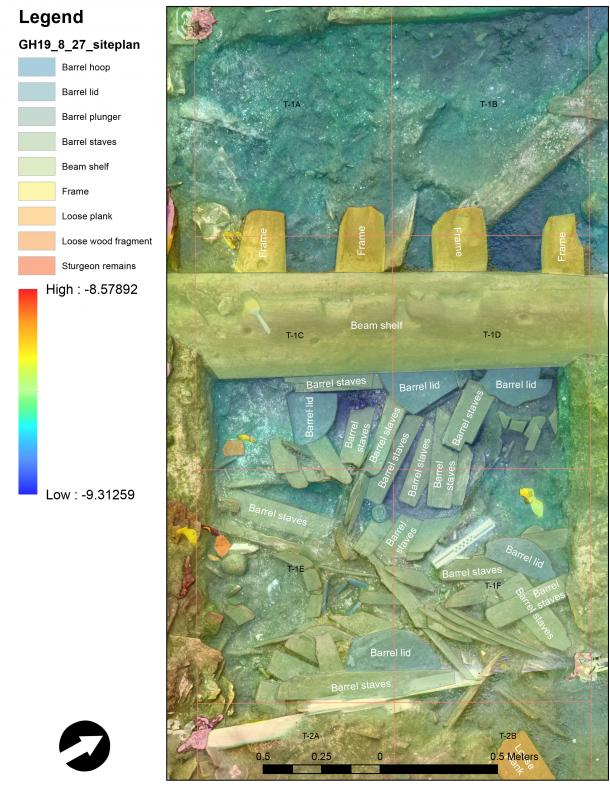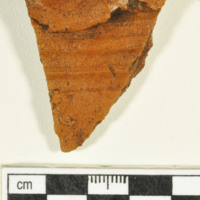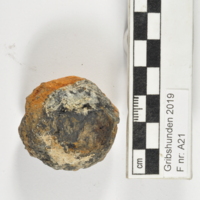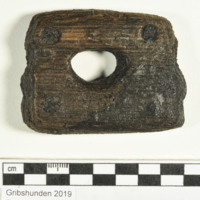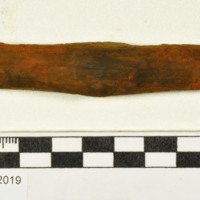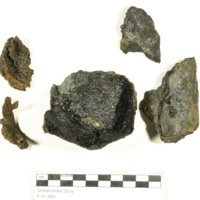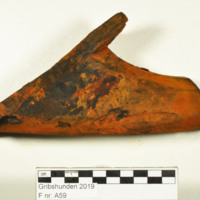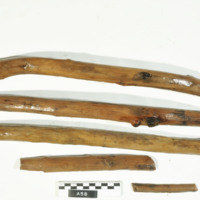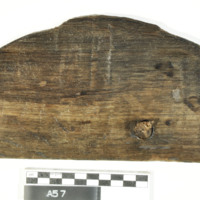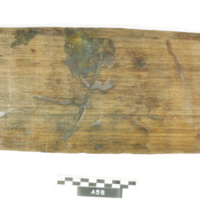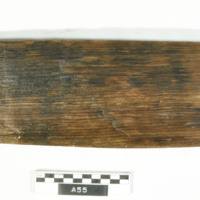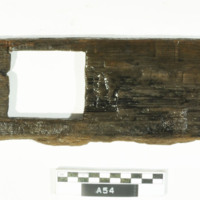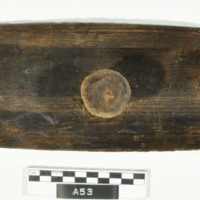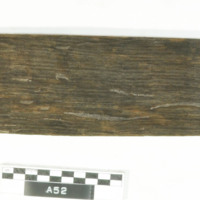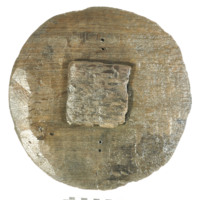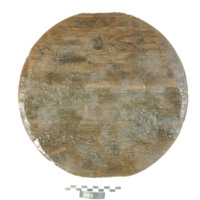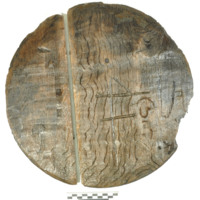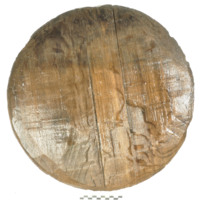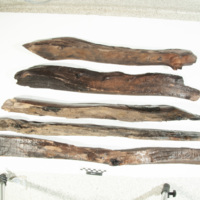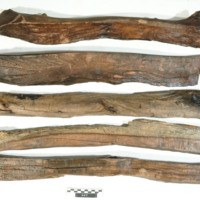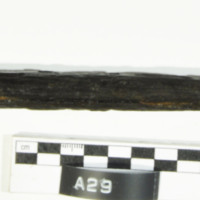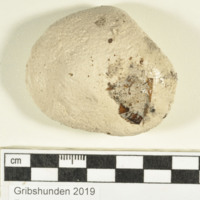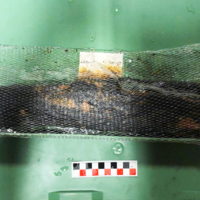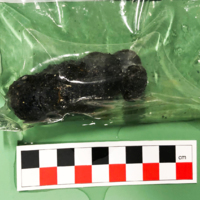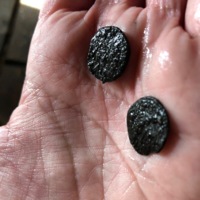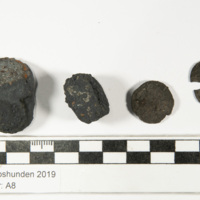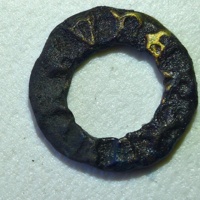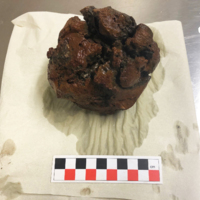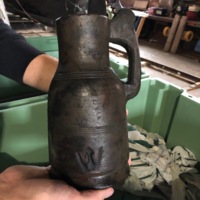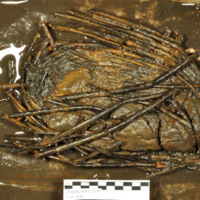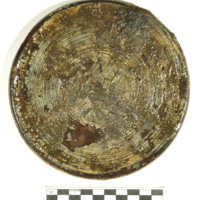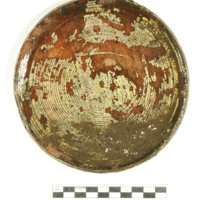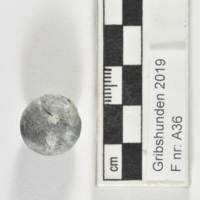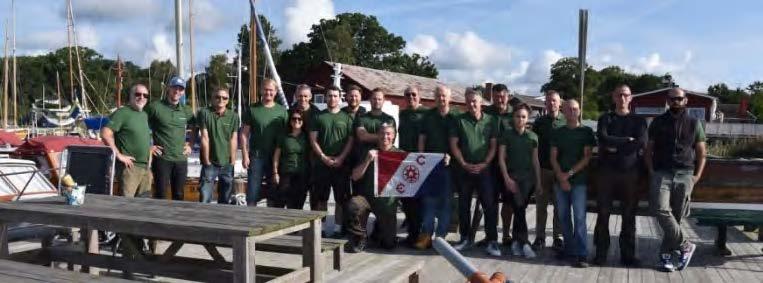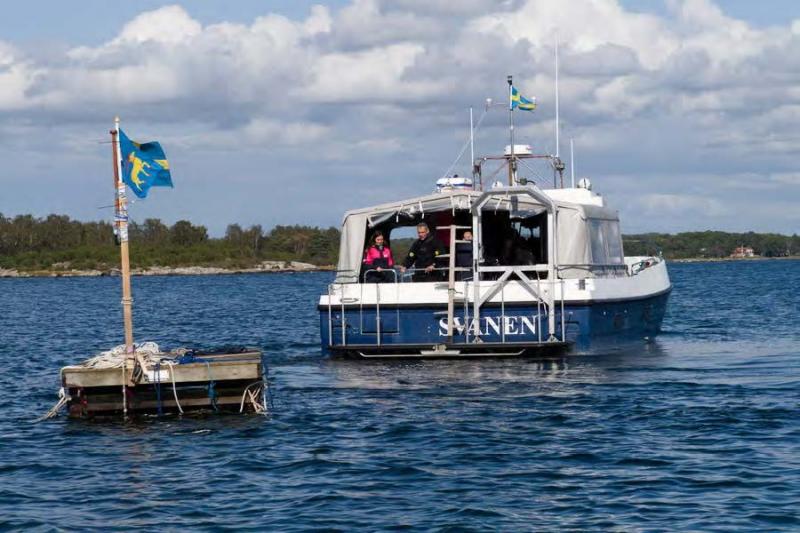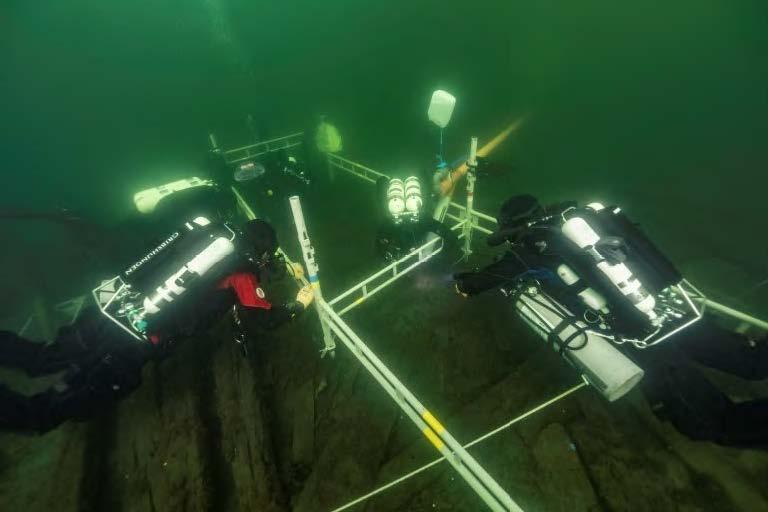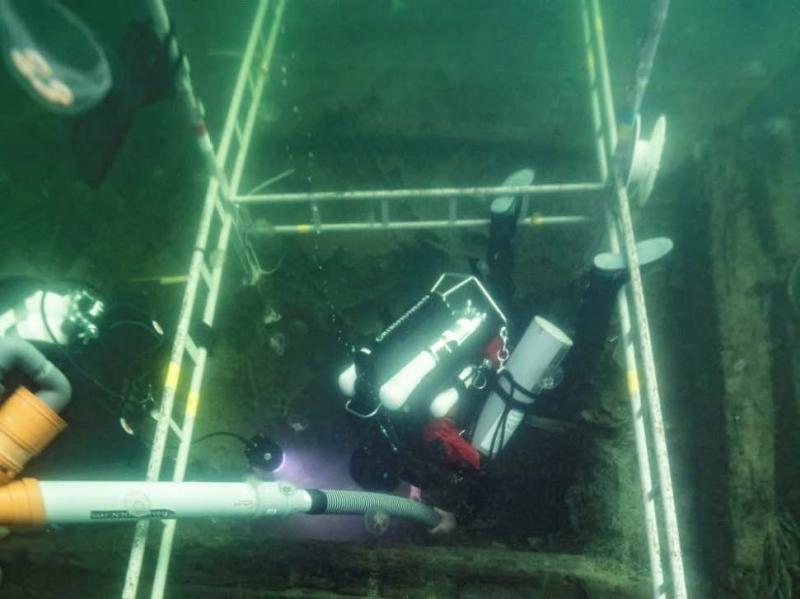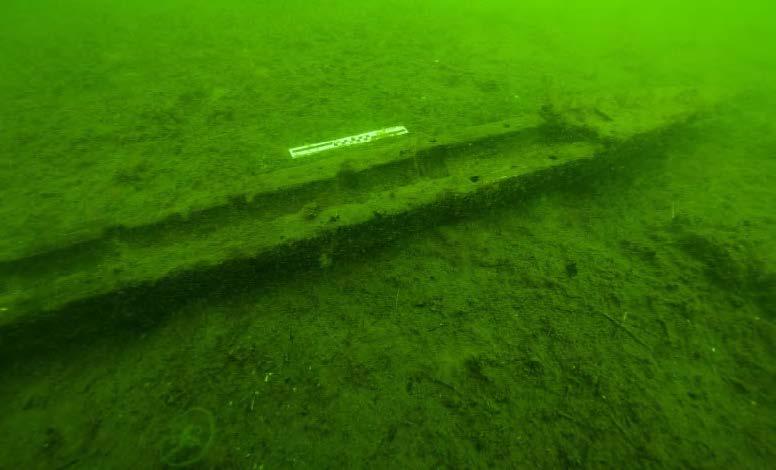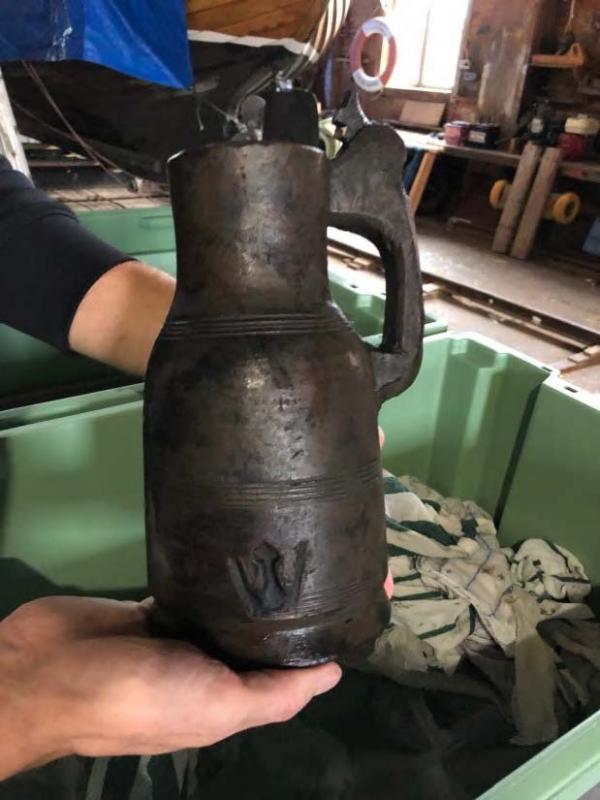Dates
Institutions
Lund University (Sweden)
Södertörn University (Sweden)
Responsibles
Rönnby, Johan
Participants
Rönnby, Johan
Short, Phil
Adams, Jon
Pacheco-Ruiz, Rodrigo
Björk, Mikael
Warming, Rolf
The wreck was discovered as early as 1971 by a local diving club. For many years after its discovery, the old wooden wreck was a popular place for scuba diving. The discovery of old-style carriages for iron guns meant that archaeologists from Kalmar County Museum, led by Lars Einarsson on behalf of the County Administrative Board in Blekinge, visited the site during the 2000s and conducted several archaeological investigations.
One windlass and nine wooden carriages for small wrought iron guns.
At Stora Ekön, outside Ronneby in southern Sweden, in ten meters of water, lies a large Late-Medieval shipwreck. The hull has opened up and fallen outwards, with various parts of the ship laying scattered on the seabed, partly covered by sediment. In 2013, the Maritime Archeological Research Institute, MARIS at Södertörn University, began a new study of the 15th-century shipwreck, as part of a larger study of early modern warships. Between 2013 and 2018, several smaller investigations focusing mainly on ship documentation were then carried out on the wreck. In the autumn of 2019, Södertörn University, in collaboration with Blekinge Museum, Lund University, University of Southampton, along with other colleagues, carried out an archaeological excavation on the wreck. A 6 x 2 meter large trench was excavated on the starboard side amidships
The paragraph illustrates the features uncovered in layer 1 from Trench 1, excavated on 27 August 2019: beam shelves and frames.
The paragraph displays more features retrieved in the first layer fromTrench 1 excavated on the 27 August: barrel staves and barrel lids
The paragraph describes the features retrieved in layer 3 from Trench 1, excavated on 29 August: A crossbow stock, a metal concretion and wooden objects such as barrels and barrel staves .
The paragraph describes the features retrieved in layer 4 from Trench 1, excavated on 30 August: Barrel staves, barrels, frames, futtocks and a loose timber.
The paragraph describes the features retrieved in layer 5 from Trench 1, excavated on 31 August: Some elements have been exposed more, and new ones have been uncovered, such as the lapstrake planking.
The paragraph describes the features retrieved in layer 6 in Trench 1, excavated on 2 September: The beam shelf, barrel staves, barrel hoops, futtocks, frames, and a loose timber, and a top timber. A shingle and a basket have also been retrieved.
The paragraph illustrates the features retrieved in layer 7 from Trench 1, at the end of the excavation activities on 5 September: Barrel staves, barrels, frames, futtocks and a loose timber.


















| Plane | Position | Flip |
|
|
||
|
|
||
|
|
| Show planes | Show edges |
0.0
[ 0 , 0 , 0 ]





